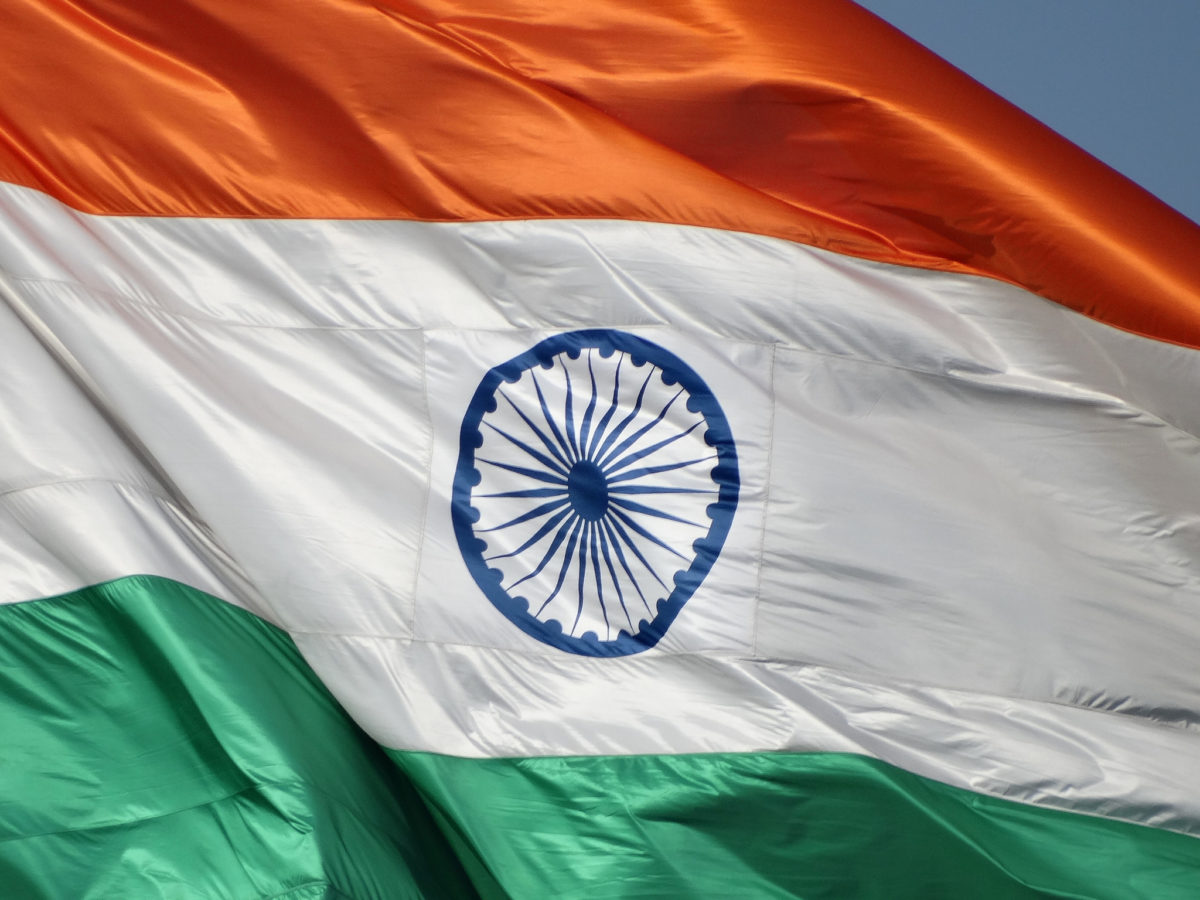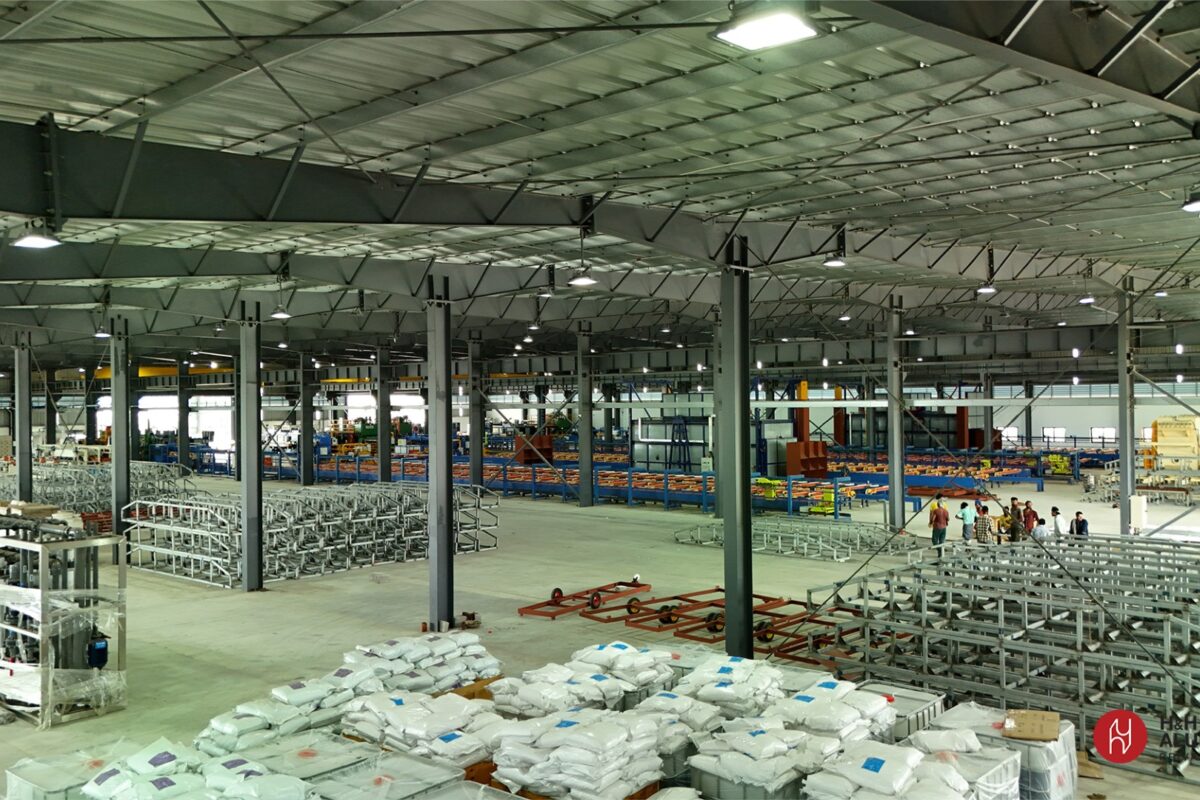With India’s renewable sector facing significant headwinds, ratings agency ICRA has revised the outlook of almost one-third of its rated portfolio.
About 20% (1.9 GW) of the rated portfolio in wind and solar power segments in terms of installed capacity has been downgraded, while the rating outlook has been revised for another 10% of the portfolio.
According to ICRA, the overall tendering of solar projects has slowed down with capacity addition in the first six months of FY2019-20 remaining subdued at 2.9 GW.
The solar capacity slowdown has begun and continued over the past 12-15 months, reflecting in FY2018-19 capacity addition, which was 6.5 GW compared to 9.4 GW in FY2017-18.
On a calendar year basis, overall tendering action in the first nine months of year 2019 is lower by 28% y-o-y to about 7 GW with many bids remaining under-subscribed.
Key concerns
Independent power producers in wind and solar segments have been hit hard by payment delays from a few state distribution utilities (discoms). There are significant other headwinds too in the near-term which have impacted investor sentiments.
ICRA sector head and vice president-corporate ratings shared, “As per the data by Central Electricity Authority, payment dues to renewable players stood at Rs97 billion as on July 31, 2019 with almost 67% of it being contributed by utilities in three states, namely, Andhra Pradesh, Tamil Nadu and Telangana.”
“Such payment delays (in Andhra Pradesh and Telangana) along with uncertainty over resolution of tariff issue for projects (in Andhra Pradesh) and instances of grid curtailments have adversely affected the credit profile of the wind and solar power projects having power purchase agreements with these state discoms,” he added.
Overall the industry has been affected by a mix of factors such as continuing delays in payments from utilities in states like Andhra Pradesh, Telangana and Tamil Nadu; regulatory uncertainty on tariff matters for IPPs and delays in tariff adoption by State Electricity Regulatory Commission in Andhra Pradesh; execution delays witnessed for land acquisition and transmission connectivity approvals; and tight financing environment over the last 8-10 month period.
As a result, the ability to achieve the financial closure for the projects in a timely manner remains a challenge for many of the IPPs.
This content is protected by copyright and may not be reused. If you want to cooperate with us and would like to reuse some of our content, please contact: editors@pv-magazine.com.









By submitting this form you agree to pv magazine using your data for the purposes of publishing your comment.
Your personal data will only be disclosed or otherwise transmitted to third parties for the purposes of spam filtering or if this is necessary for technical maintenance of the website. Any other transfer to third parties will not take place unless this is justified on the basis of applicable data protection regulations or if pv magazine is legally obliged to do so.
You may revoke this consent at any time with effect for the future, in which case your personal data will be deleted immediately. Otherwise, your data will be deleted if pv magazine has processed your request or the purpose of data storage is fulfilled.
Further information on data privacy can be found in our Data Protection Policy.